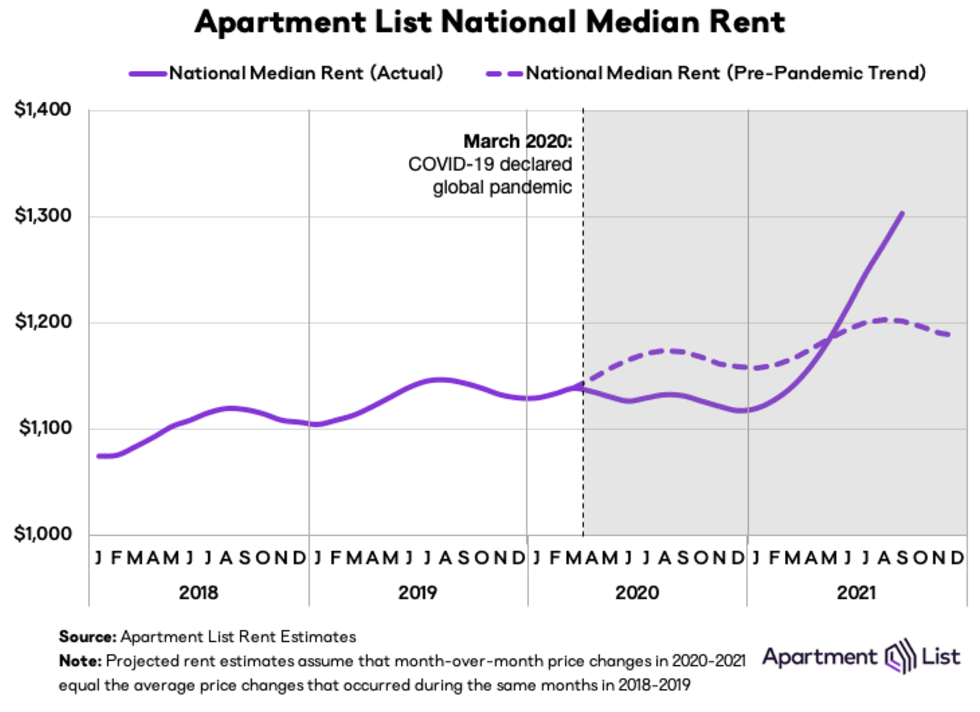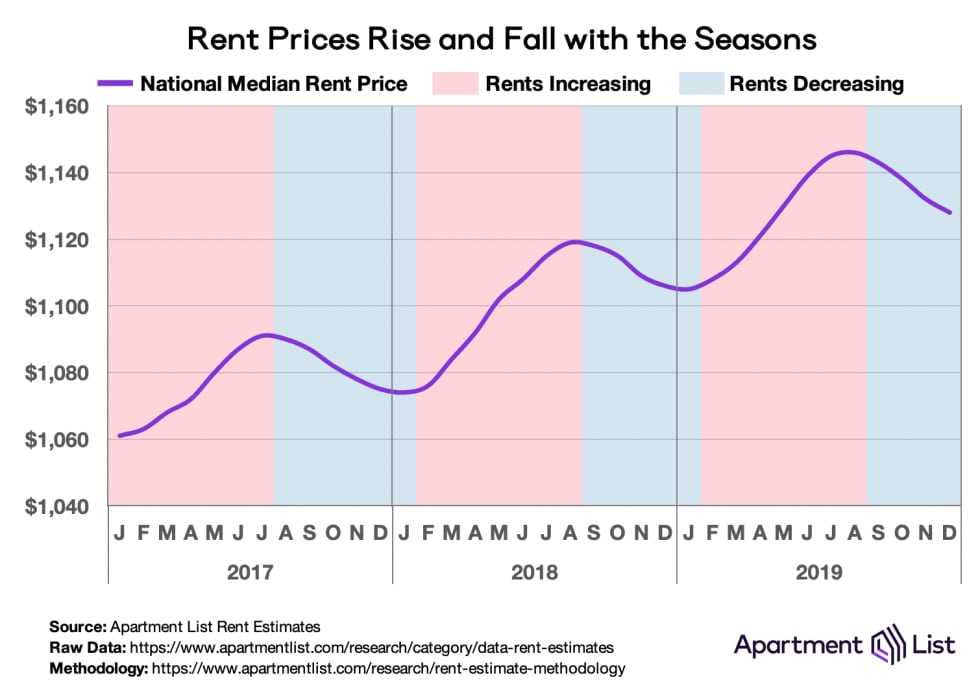Guide to Negotiating Rent Prices with Tenants

In the course of your duties as a landlord or property manager, you’re likely to come across the ever-frugal tenant who wants to negotiate the rent.
Now, for most landlords, rent isn’t up for debate, especially in markets with enough demand to allow landlords to laugh off lowball offers.
However, in markets where there’s little demand or when the tenant has a year of excellent tenancy under their belt, rent negotiation may be on the table.
New applicants or tenants up for lease renewal may be on the hunt for discounted rent, reduced security deposits, or other rent concessions. The question is, do you humor them?
This guide will break down everything landlords need to know about rent negotiation and how to handle it.

1. Know Your Market
When negotiating rent, it’s essential to consider how your unit compares to other units available in your market.
Comparable units are nearby and have similar amenities., Otherwise, you may get numbers that don’t actually match your market.
You’ll have to do a bit of sleuthing, but keeping tabs on how your rental is priced compared to neighboring complexes can give you a good idea of the range in which your rent should stay.
Going too far over your market’s average rent rate can drive tenants away. Moreover, a higher rate gives tenants more substantial leverage over you when negotiating.
On the flip side, a tenant may ask to negotiate the rent down to a rate that’s on the lower end of the market average. Counter this with numbers from the higher-priced comparable complexes nearby.
Regardless of the number a tenant brings to you, be sure to request information from the tenant. In other words, ask them to show their work.
If a tenant brings compelling information and data to back up their ask, you should strongly consider it. However, if they don’t, then they’ve lost their leverage.
For information on what the average rent price looks like in your city, check out our National Rent Report!

2. Consider Seasonality
Negotiation is all about leveraging what you can to get what you want. When it comes to rental markets, the demand or lack thereof can have a major impact on your leverage.
If there is a lot of demand in your market or several other interested candidates, negotiating rent may not be the best move.
If you were to negotiate rent or offer other concessions in a hot market, you may be leaving money on the table that you could have earned with another tenant.
The reverse is true, as well. In a market with little to no demand for apartments, a landlord or property manager with vacant units may be more willing to negotiate with tenants.
In a cold market, negotiations can help landlords avoid the financial bleed of unit vacancies over a long period.
Seasonality plays a significant role in a market’s demand.
That’s why it’s so important for landlords and property managers to understand the impact of seasonality in the rental industry.
With this information, you can adjust the rent on your vacant units based on the time of year, which can improve your chances of filling your vacant unit.
That said, seasonality in the rental industry is relatively easy to track. Generally, demand decreases in the winter months and increases in the summer months.
You may choose to lower your rental rates or be more willing to offer concessions during rent negotiations in the winter months.
As the warmer months coincide with the peak moving season, landlords and property managers may avoid rent concessions because they have a greater chance of filling their vacancies when demand is high.
In short, use the warm weather to your advantage when negotiating.

3. Think About Your Financials
When negotiating rent, it’s critical to consider your finances. For example, most landlords have to pay off a mortgage, and the income earned through renting goes toward paying off the mortgage.
The more income generated through renting, the faster you’ll be able to pay off a mortgage, if applicable.
Most landlords avoid negotiating rent, as the loss of income can tack on years of interest and push their mortgage payoff date further into the future.
Regardless of the negotiation tactics, you should never negotiate rent to such a low rate that you end up losing money.
In some cases, a landlord may own their property outright after purchasing it or paying off their mortgage.
Without mortgage payments looming, you may be more inclined to negotiate rent with a tenant. If the property is paid off, you could have room for a slightly lowered price to lock in a quality long-term tenant.
If you take this approach, be sure to consider maintenance costs.
Although you aren’t responsible for covering mortgage costs, maintenance, repairs, and property taxes can still take a pretty hefty chunk out of your rental income.
You want to find the sweet spot that allows you to save for home-owning costs and maintain a suitable profit margin.

4. Communicate What You Can Offer
Although most tenants prefer discounted rent when negotiating rent, there are many other concessions that you can offer to snatch up or extend a high-quality tenancy.
If adjusting the rent isn’t possible, consider the other concessions and apartment amenities you can offer. You’d be surprised with the number of renters that would even pay extra for something like an additional parking space in a major city.
Here’s a look at some of the most common rent concessions and amenities landlords and property managers can offer when negotiating rent.
- Waived Application Fees
- Reduced or Waived Security Deposits
- Free or Discounted Parking
- Additional Off-Street Parking
- Free or Reduced Laundry
- Reducing or Waiving Pet Rent or Associated Fees

5. Consider the Tenant's Standing
With consistent on-time rent payments, respect for your property, and the ability to maintain excellent relationships with their neighbors — good tenants are worth their weight in gold.
If you have a good tenant, you should do what you can to keep them around. You don’t need to offer half-price rent or anything so extreme, but if a good, long-term tenant comes to you wanting to negotiate a lease renewal, take the time to hear them out.
If they are asking for something you can possibly offer, consider it.
Or at least consider it against the prospect of listing a vacant unit, tenant screening, and the prospect of a unit vacancy.
Most landlords would be more than willing to compromise with a good tenant, so long as they ask for changes within reason.
Final Thoughts
It takes substantial research and heavy consideration to get the most out of a rent negotiation. That’s true for both landlords and tenants alike.
That said, there are many factors to consider when taking part in rent negotiations. As a landlord or property manager, it’s essential to consider everything from finances to the rental market.
In many cases, negotiating on rent isn’t worth it, especially if you feel confident in your ability to fill your vacancy in a short time.
However, if you have a good tenant, it may well be worth it to compromise. They’re hard to come by and very valuable to keep around.
If you're interested in renting with Apartment List, consider listing with us!
Share this Article



